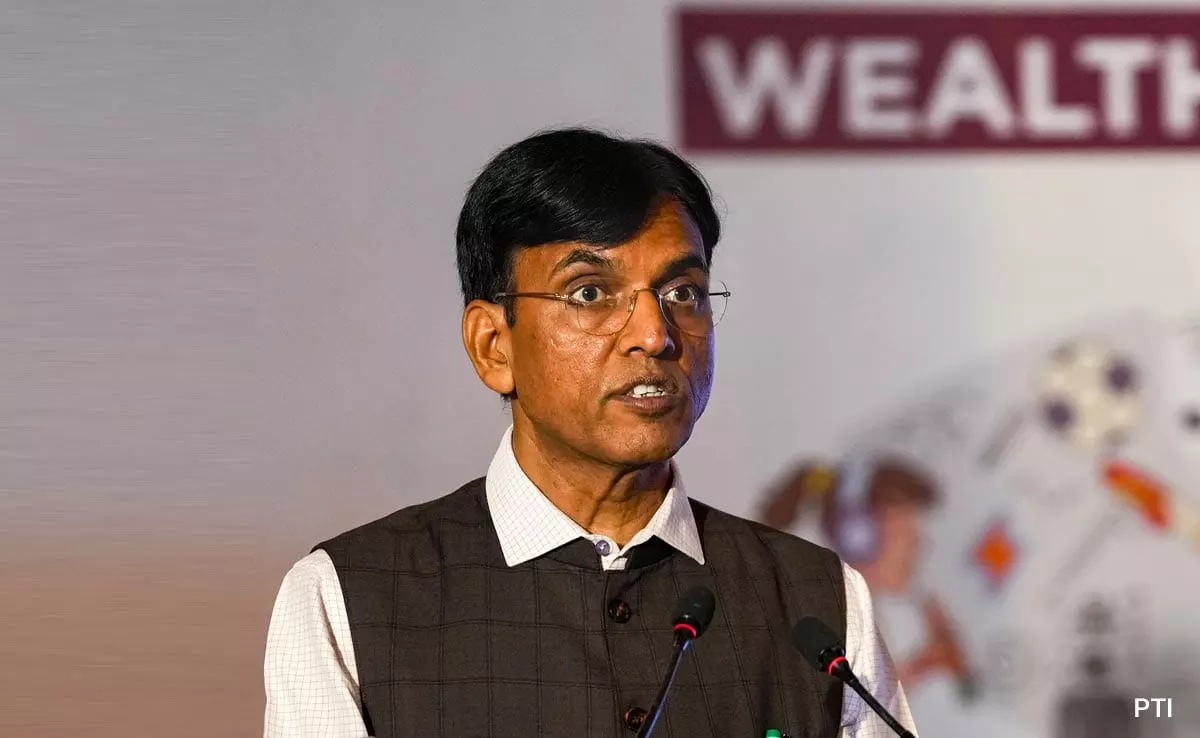Introduction:
In a groundbreaking announcement, the Health Minister of Uttar Pradesh has declared that all medical colleges in the state will have dedicated organ donation facilities by the end of 2024. This progressive move holds immense promise for the healthcare landscape of Uttar Pradesh and aims to address the chronic shortage of organs for transplantation, a challenge faced by the entire nation. In this article, we will delve into the significance of this initiative, the state of organ donation in India, and the potential benefits that a well-structured organ donation program can bring to the people of Uttar Pradesh.
**The Current Organ Donation Scenario in India:**
India faces a severe shortage of organs for transplantation, with thousands of patients on waiting lists, hoping for a second chance at life. This shortage stems from various factors, including lack of awareness, cultural beliefs, and inadequate infrastructure for organ retrieval and transplantation. As of my last knowledge update in September 2021, there were approximately 500,000 patients in India in need of organ transplantation, while only around 8,000 transplants were conducted annually.
The lack of a well-established organ donation system has led to a thriving black market for organs, resulting in illegal and unethical practices. Addressing this crisis necessitates a comprehensive and coordinated effort at both the state and national levels.
**The Significance of Organ Donation Facilities in UP Medical Colleges:**
1. **Saving Lives:** The establishment of organ donation facilities in medical colleges across Uttar Pradesh can significantly contribute to saving countless lives. Each organ donor has the potential to save multiple lives, making this initiative a critical step in addressing the organ shortage.
2. **Education and Awareness:** Medical colleges can play a pivotal role in educating both students and the community about the importance of organ donation. By fostering a culture of awareness and understanding, the stigma surrounding organ donation can be gradually eliminated.
3. **Ethical and Legal Framework:** These facilities will operate within a legal and ethical framework, ensuring that organs are procured and transplanted following established guidelines. This will help curb illegal organ trafficking and promote transparency in the process.
**Challenges and Solutions:**
While the announcement of organ donation facilities in UP medical colleges is a commendable step, several challenges must be addressed for its successful implementation:
1. **Awareness Campaigns:** Comprehensive awareness campaigns targeting both urban and rural populations are crucial. These campaigns should address myths and misconceptions surrounding organ donation.
2. **Infrastructure and Training:** The medical colleges must be equipped with state-of-the-art infrastructure and well-trained staff to handle organ retrieval and transplantation procedures.
3. **Ethical Considerations:** Ensuring that organ donation is voluntary and free from any undue influence or coercion is of paramount importance. Strict ethical guidelines must be adhered to.
4. **Logistics and Coordination:** The logistics of transporting organs from donors to recipients must be streamlined, involving coordination between medical institutions and transportation services.
**The Impact on Healthcare in Uttar Pradesh:**
The establishment of organ donation facilities in medical colleges across Uttar Pradesh is poised to bring about several transformative changes in the state’s healthcare landscape:
1. **Reduced Mortality:** With a consistent supply of organs, patients suffering from end-stage organ failure will have access to life-saving transplants, reducing mortality rates.
2. **Medical Tourism:** As organ transplantation facilities improve in quality and quantity, Uttar Pradesh can become a hub for medical tourism, attracting patients from across the country and abroad.
3. **Research and Innovation:** These facilities can stimulate research and innovation in healthcare, leading to advancements in medical science that benefit the entire state.
4. **Economic Boost:** The medical field, including organ transplantation, can contribute significantly to the state’s economy by creating jobs and generating revenue.
**The Role of the Government and NGOs:**
The government of Uttar Pradesh, in collaboration with non-governmental organizations (NGOs) and the medical community, must take the lead in ensuring the success of this initiative:
1. **Policy Support:** The government should enact and enforce policies that promote organ donation and regulate transplantation procedures.
2. **Training and Education:** Medical colleges must receive support for staff training and infrastructure development. NGOs can play a role in organizing awareness campaigns.
3. **Monitoring and Regulation:** An effective regulatory body should oversee organ donation and transplantation activities to prevent unethical practices.
4. **Collaboration:** Collaboration between government bodies, medical colleges, NGOs, and the private sector is essential to create a robust ecosystem for organ donation and transplantation.
**Conclusion:**
The declaration by the Health Minister of Uttar Pradesh to establish organ donation facilities in all medical colleges in the state by the end of 2024 is a significant and commendable step forward. It holds the promise of saving countless lives, transforming the healthcare landscape, and contributing to medical research and innovation.
However, the success of this initiative hinges on a well-coordinated effort involving the government, medical institutions, NGOs, and the public. By addressing the challenges, raising awareness, and putting ethical and legal safeguards in place, Uttar Pradesh can set an example for the rest of the country in organ donation and transplantation, ultimately leading to a healthier and more vibrant society.
